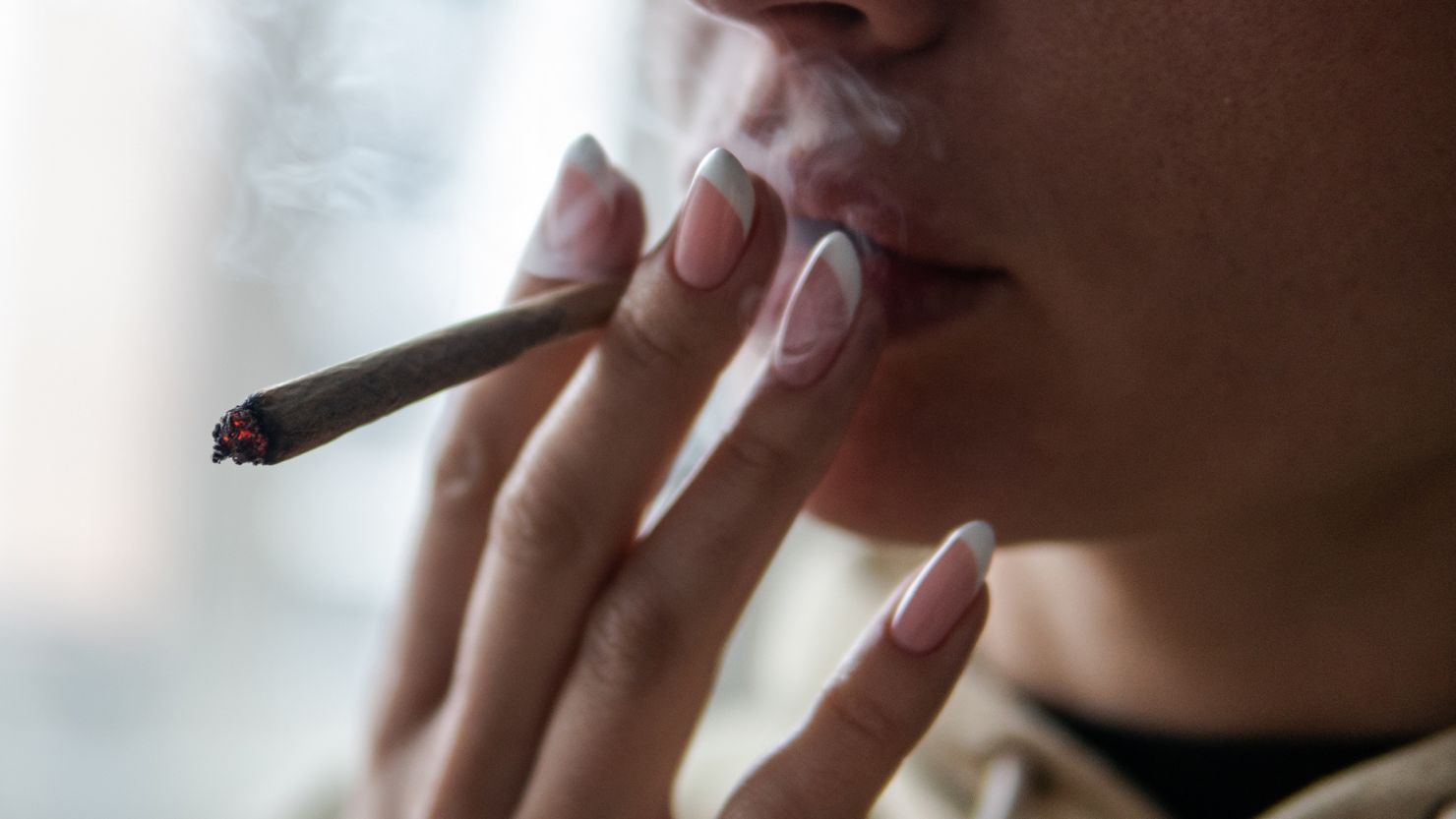More and more women are using weed in pregnancy but they may want to think twice.
Researchers have found a link between marijuana use by expectant mothers and autism and childhood psychosis. Now, a small study has shown how cannabis use can affect the placenta and may be linked to higher levels of anxiety, aggression and hyperactivity in children.
The US researchers looked at 322 mother-child pairs based in New York City who were part of a wider research project on stress in pregnancy. When the children were between 3 and 6 years old, hormone levels were measured from hair samples, electrocardiogram recordings were used to measure heart function, and behavioral and emotional functioning was assessed based on parental surveys.
The study team also looked at placental tissue collected at the time of birth for some of the participants.
“This new study supports a growing body of evidence that smoking cannabis during pregnancy is associated with adverse outcomes for women and their children,” Dr. Daghni Rajasingam, consultant obstetrician and spokesperson for the Royal College of Obstetricians and Gynaecologists in the United Kingdom, told the Science Media Centre in London.
“We know from previous studies that using cannabis during pregnancy is linked to impaired fetal brain development, stillbirth, low birth weight, and pre-term birth. This new evidence adds to these existing safety concerns, suggesting that cannabis use in pregnancy could lead to higher anxiety, aggression, hyperactivity, and levels of the stress hormone cortisol in the children,” she said.
“There is only a small sample of women and children used in this study, and we would like to see more research done in this area.”
Negative impact on kids’ mental health
The children of mothers who used cannabis during pregnancy showed higher anxiety, aggression, hyperactivity and levels of the stress hormone cortisol, compared with children of mothers who did not use cannabis during pregnancy, the study found.
The analysis of the placental tissue, which involved sequencing RNA – molecules similar to DNA that are part of the genetic code – revealed that maternal cannabis use was associated with lower expression of immune-activating genes, including cytokines, which are involved in protecting against pathogens.
“This is a well-designed study, with good methodology, and laboratory design with follow up of children. It is interesting that they were able to look at placenta signalling and link those findings with childhood outcomes,” said Dr. Darine El-Chaâr, a maternal fetal medicine specialist and clinical investigator at Ottawa Hospital Research Institute in Canada, who was not involved in the research.
The results suggested that immunosuppression in the placenta related to maternal cannabis use may increase the risk of mental health problems in early childhood such as higher anxiety, the authors said.
“We know that cannabinoid signaling plays a role in modulating stress, which is why some people use cannabis to reduce anxiety and relax,” said Yoko Nomura, professor of psychology at The City University of New York’s Queens College and Graduate Center and first author of the paper, in a news release.
“But our study shows that in utero exposure to cannabis has the opposite effect on children, causing them to have increased levels of anxiety, aggression, and hyperactivity compared to other children who were not exposed to cannabis during pregnancy.”
However, the study said the complete impact of maternal cannabis use on immune function “cannot be evaluated from placental gene expression alone.”
The study took into account other factors that could explain the link between maternal marijuana use and anxiety, aggression and hyperactivity including parental age, education, marital status, and the child’s sex, age and ethnicity.
The authors said the study had a number of limitations, including being unable to verify the accuracy of cannabis use by the women, information which was supplied by the individuals involved in the study. The researchers also weren’t able to examine prenatal and postnatal cannabis use separately.
“This is a human study, and therefore there are many limitations since we could not get detailed information about, e.g., the history of cannabis use. Also, we cannot control for various confounds (e.g., lifestyle, parenting, genetics, etc) and would need a study of thousands of individuals to determine the relevance of various factors to the outcome measures,” said study author Yasmin Hurd, the Ward-Coleman Chair of Translational Neuroscience and the Director of the Addiction Institute at Mount Sinai, via email.
“Although cannabis is considered a safe drug, it can have negative long-term outcomes on children. Speak with your doctor … to find ways to potentially alleviate morning sickness or anxiety while pregnant.”
Former US Surgeon General’s guidance
In response to growing concern over the increased use of weed during pregnancy, formerUS Surgeon General Jerome Adams issued a statement advising against the use of cannabis during pregnancy in 2019.
“Recent increases in access to marijuana and in its potency, along with misperceptions of safety of marijuana endanger our most precious resource, our nation’s youth,” he wrote.
The ill effects can continue after birth with continued marijuana use, the former Surgeon General’s advisory says.
“THC has been found in breast milk for up to six days after the last recorded use,” the advisory stated. “It may affect the newborn’s brain development and result in hyperactivity, poor cognitive function, and other long-term consequences.
“Additionally, marijuana smoke contains many of the same harmful components as tobacco smoke. No one should smoke marijuana or tobacco around a baby.”
CNN’s Sandee La Motte contributed to this story







